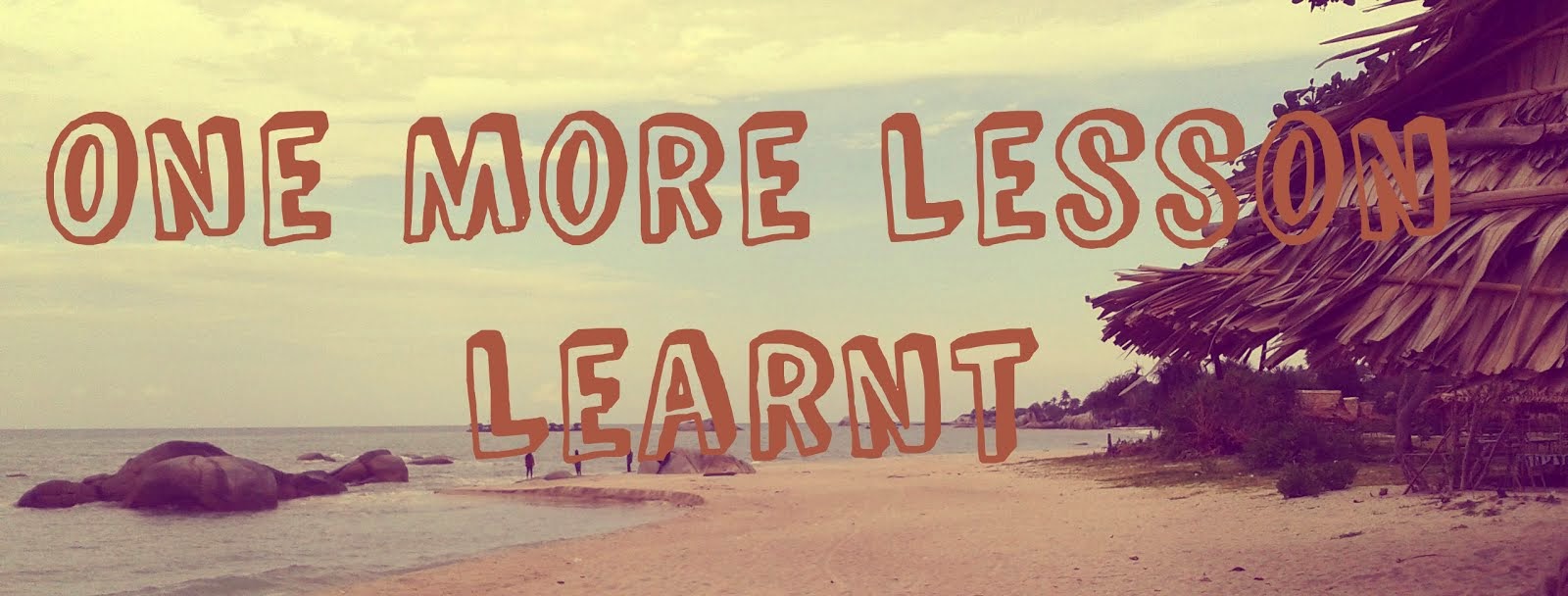Simon's obedience
Jesus is doing some preaching, then afterwards tells Simon, who has been a fisherman all his life, how to fish. If some upstart preacher from Galilee came and told me how to do my job, I'd be very annoyed. Simon, however, does what he says. Simon says that he hasn't caught anything all night, but because Jesus asked him to put down the nets, he will do it.
Then they caught what I expect was the biggest load they've seen in their life. So much so, that it is seen as miraculous. At this point, Simon recognises Jesus' authority. It's interesting that Simon, in response to this, recognises his own sinfulness and failings. Jesus then calls Simon and his friends, James and John, to be his disciples. They simply follow.
The first question that popped into my head after reading this was, "What happened to all the fish?" They've just caught a huge amount, which could probably sell for a considerable amount, and they walk away from it. I wonder how many of us are that willing to walk away from what we have to follow Jesus. Without Jesus they would never had the fish; without Jesus we too have nothing. And yet we refuse to recognise it for what it is and we cling onto it.
Saints and Sinners
In Luke 5, we almost have two opposing sides: the sinful and the Pharisees (who were regarded as the saints and the holy people of their day). Simon started the theme of being sinful with his words, and this carries on through. Perhaps conventional wisdom would place Jesus on the side of the saintly, but that isn't the case. Jesus is very much on the sinners' side. He heals a leper (who would have been an outcast); when healing a paralysed man, he forgives him of his sin; and he eats with the sinners.
This verse is pretty famous, but it's so important to remember, I think.
Jesus answered them, ‘It is not the healthy who need a doctor, but those who are ill. I have not come to call the righteous, but sinners to repentance.’Of course, a Christian is a sinner who has been made a saint through the sacrifice of Jesus. But, is the church good enough at proclaiming that it is there for the sinners, not the saints?
Wineskins
Jesus tells a parable about the old and new cloth and the old and new wineskins. I understand the practicalities of what he's saying, the figurative part is what I'm missing. If someone could let me know, please do.
Quick Questions
- What do you find difficult to leave behind when following Jesus?
- Where do you most often find yourself, with the sinners or with the saints?
- What is the wineskin thing about?

No comments:
Post a Comment